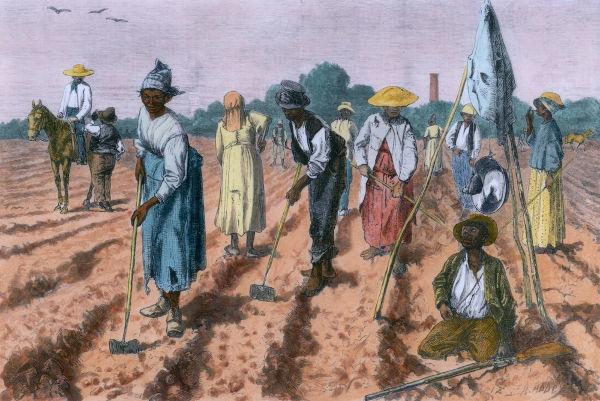Populism was a phase of national political history known for the growth of Brazilian cities, the modernization of our economy and the development of the means of communication. In developing these three important events, which began to be visibly perceived between the 1930s and 1960s, we see that the Brazilian population underwent important transformations and the governments of that time also changed their way of relating to this same population.
During these three decades, we see that radio, newspapers and printed magazines have had more and more space in Brazilian daily life. In the government of President Getúlio Vargas, recognized as one of the first populists in our history, we see that the means of communication were controlled and exploited. First, they were controlled because Vargas did not allow harsher criticisms of his government to be freely published in the newspapers. Exploited because the government itself put money into some companies to make them speak well of it and advertise their positive actions.
At a time when this positive image reached thousands of Brazilian homes via radio, newspapers and magazines, the populist governments strengthened a positive image and far removed from any problem to be perceived in their actions. However, this official dominance over the media has changed significantly since 1946. From that year onwards, Brazil gained a new constitution and, in this way, the freedom to manifest itself in these types of media increased a lot.
This freedom did not prevent our rulers from using the media to build a good image of themselves. But, in this new situation, there was a greater openness for other media to make denunciations and criticisms that pointed out the problems that the country was facing. In this same context, the middle classes in Brazil grew and the children of this social group began to enter universities. This situation ended up being of great importance for new aspects of our culture to change.
Bossa Nova emerged as a great icon of modernity and innovation in the Brazilian music scene. This new musical genre had great success at a time when it created a creative combination of elements of Brazilian samba and North American jazz. Bossa Nova ended up going beyond the borders of our country and achieving great success in other countries around the world. Not by chance, the song “Garota de Ipanema”, a great representative of Bossa Nova, is one of the most popular songs in the entire history of international music.
Entering the 1950s, television appears as a new means of communication aimed at changing the habits of the Brazilian population. Even though it didn't take very big steps in its first two decades, the television medium was big responsible for the explosion of “Jovem Guarda”, another musical and cultural movement that marked young people from that time. In this same context, film production had moments of great prestige with the existence of national cinema producers, such as Vera Cruz and Atlântida, which mark an epoch in the large screens.
Entering the 1960s, which marks the end of the populist period, we see that our cultural framework was undergoing rich changes. Political and social issues gained greater visibility with the first steps of the protest song, the development of “Cinema Novo”, the proposals of the “Teatro do Oprimido”. The contestation and criticism gained new airs that attested to the rich experimentation that was beginning to take shape in that new decade.
However, it was in that same decade that populism entered a crisis and the military sectors took over the government through the coup carried out in 1964. As time went by, freedoms were again restricted and the right to demonstrate in the field of arts and communication came under new government control. In this way, an entire era that transformed, in various ways, the face of Brazilian culture in the 20th century came to an end.
By Rainer Gonçalves Sousa
Kids School Collaborator
Graduated in History from the Federal University of Goiás - UFG
Master in History from the Federal University of Goiás - UFG

